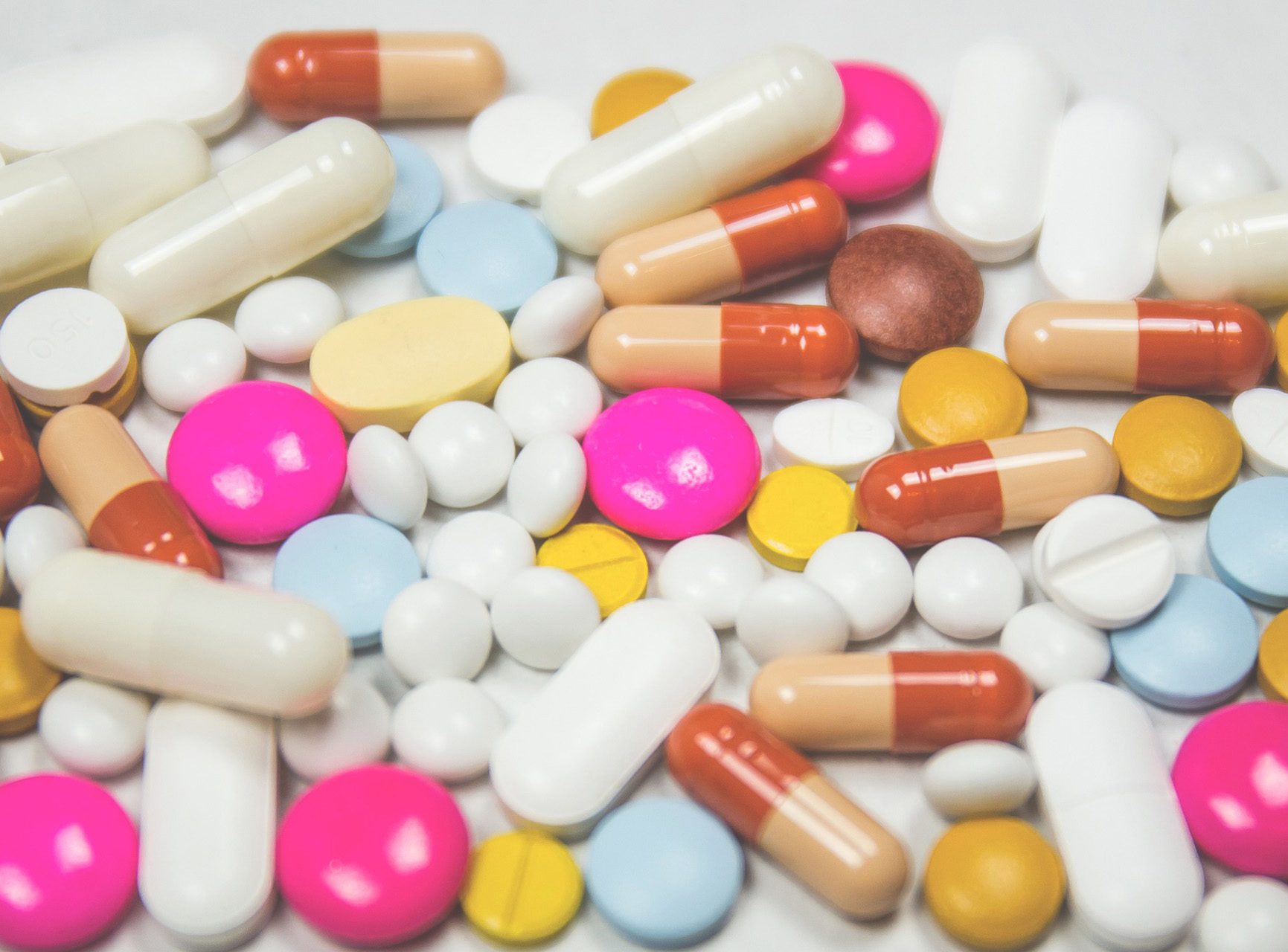 With COVID-19 getting closer and closer to WA, are you up to date about the current treatments available?
With COVID-19 getting closer and closer to WA, are you up to date about the current treatments available?
The best way to deal with COVID-19 is to get vaccinated and avoid it altogether, but when this fails, what are the treatments available?
In a recent news release, RACGP provides an update on current treatments available for patients with COVID-19, according to the severity of symptoms.
Mild to moderate cases
For patients who experience mild to moderate symptoms, there are three potential drugs GPs can consider.
- Budesonide – this common corticosteroid drug is used for treating asthma and research shows that when administer early during a COVID-19 infection, it can prevent serious symptoms and reduce recovery time. Australia’s National COVID-19 Clinical Evidence Taskforce currently recommends the use of this drug in patients who are at risk of developing severe disease, but who do not require oxygen.
- Casirivimab plus imdevimab – Also known as ronapreve, these drugs have been shown to reduce the risk of severe infection and hospitalisation by preventing the virus from infecting healthy cells. The drugs work by binding to distinct regions of the spike protein of the SARS-CoV-2 virus.
- Sotrovimab – this monoclonal antibody treatment can lead to a 79% reduction in the rate of hospitalisation and death, compared to a placebo, one study found. The drug is designed to mimic the natural antibodies produced by the immune system, and to bind to the virus, stopping it from entering host cells and helping the body fight already infected cells.
Severe to critical cases
For patients experiencing severe presentations there are five drugs currently available in Australia:
- Dexamethasone – this corticosteroid drug is recommended for patients with severe-to-critical COVID-19 presentations, who are receiving oxygen, including mechanical ventilation. According to RACGP this drug can also be used for children and adolescents with acute presentations of COVID-19 and who are receiving oxygen, including patients requiring mechanical ventilation.
- Remdesivir – this drug was the first treatment for COVID-19 approved by the TGA, back in July 2020. Remdesivir is recommended for adults who require oxygen but are not in need of a mechanical ventilator. The drug can also be considered for women who are pregnant or breastfeeding, but it is not recommended for adolescents and children.
- Baricitinib – this anti-inflammatory drug is currently only recommended for adults who are hospitalised and require supplemental oxygen.
- Tocilizumab – this monoclonal antibody can be used for COVID-19 patients who have been hospitalised and require supplemental oxygen. The drug is particularly recommended in cases where there is evidence of systemic inflammation. The drug can also be considered for pregnant or breastfeeding women, adolescents and children.
- Sarilumab – this is a drug originally used to treat rheumatoid arthritis, but it is currently recommended for adult COVID-19 patients who are hospitalised and require high-flow oxygen or ventilation. The drug is not recommended for pregnant or breastfeeding women, children and adolescents.
For more information about these drugs, recommended doses and other information, head to the RACGP website.

